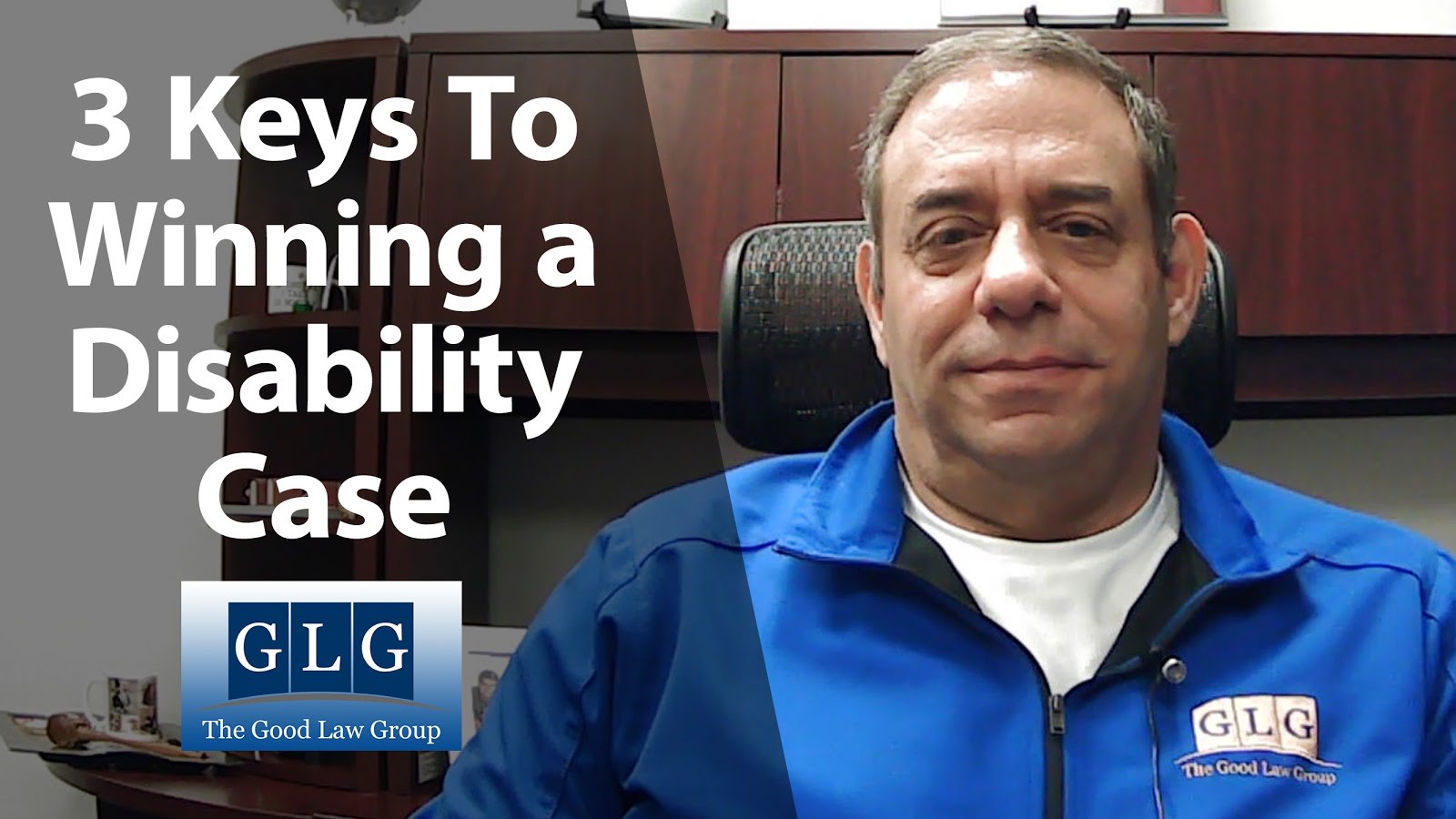If you want to win a disability case, here are the keys to remember.
Social Security Disability Benefits – Learn More/Free Case Evaluation
Supplemental Security Income benefits – Learn More/Case Evaluation
Learn more about all of the social security and disability legal services our firm offers
Learn more about how we can help with hernia mesh lawsuits
There are three keys to winning a disability case:
- The frequency with which you visit the doctor. Imagine you’re the judge in a case involving two people who both have a bad back and the same MRI. The case took two years to go to court, and in that time, one person went to the doctor every month while the other went every six months. Judges can’t award everyone benefits, so who would you award benefits to in this situation? You’d rule in favor of the person who’s been to the doctor 24 times instead of just four. It’s not about being a complainer; it’s about giving the judge the documentation they need to win a case.
“Social security doctors are primary care physicians, not specialists.”
- What the medical records say. Social security takes advantage of medical diagnosis lingo. Doctors talk in terms of “mild,” “moderate,” and “severe.” Let’s say you have a diagnosis of your back that shows a severely herniated disc. That doesn’t really tell social security anything other than you have a severe problem with your back. What they want to know is how long you can stand, sit, and lift. When the doctor asks you how bad your back is and you tell them you can only stand for, say, 10 minutes and sit for 15 minutes until you have to lie down, the difference is that now the numbers are in the records.The same principle applies to a condition like a migraine headache. If you say, for example, that you have four migraines every week that each last four hours and cause you to be bedridden the whole time, that will help you win your case. Just saying you have a “severe migraine” gives social security wiggle room.
- Medical source statement. We give these to all of our clients because we feel they’re very important. Ideally, you’d like to have these filled out by a specialist. Social security doctors are primary care physicians, not specialists. A specialist who sees you frequently should trump what the social security doctor says.
If you have questions about this topic or there’s anything else we can help you with, don’t hesitate to give our office a call. We’d love to hear from you.









